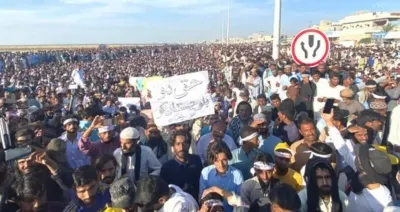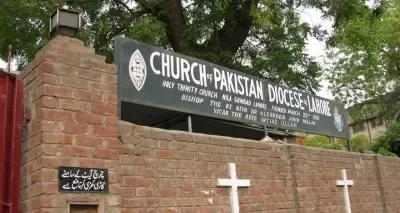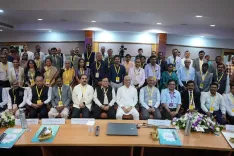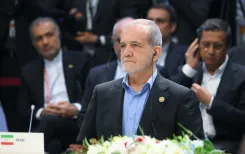Why Did Sri Lanka Hold Local Elections After 7 Years?
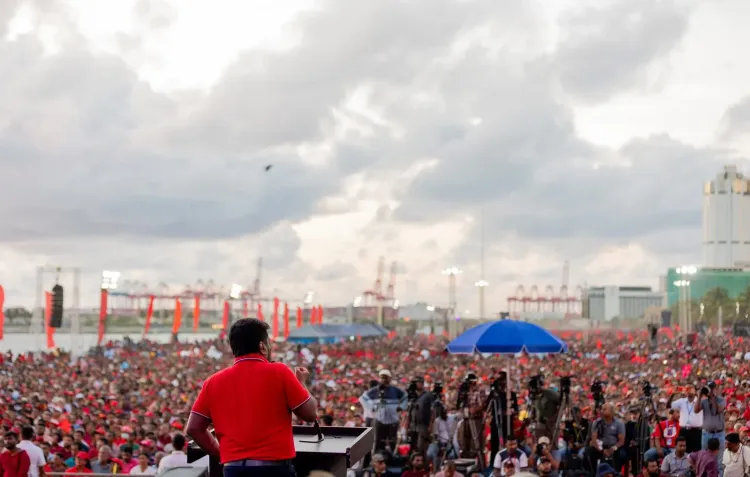
Synopsis
Key Takeaways
- Local elections in Sri Lanka resumed after a seven-year gap.
- The elections are the first conducted under the leadership of the NPP.
- Over 75,000 candidates are competing.
- More than 17 million voters are eligible to vote.
- Ensuring peace and order is a priority with substantial police deployment.
Colombo, May 6 (NationPress) On Tuesday, Sri Lanka conducted local government elections after a significant seven-year gap. This election marks the first held under the leadership of the National People's Power (NPP), headed by President Anura Kumara Dissanayake, who took office last year.
The local elections are being held across 339 out of 341 local bodies nationwide, representing a crucial step in the country's commitment to democracy, as reported by local media.
Competing in the elections are Sri Lanka's ruling party, the NPP, along with the main opposition, Samagi Jana Balawegaya, the United National Party, and the Sri Lanka Podujana Peramuna.
To ensure peace and order during the elections, over 65,000 police officers have been assigned to various duties.
This year, a remarkable count of 75,589 candidates from 49 recognized political parties and 257 independent groups are vying for positions in the local government.
Additionally, 17,156,338 registered voters can cast their votes at 13,759 polling stations established across the country.
As the NPP leader, Dissanayake has campaigned vigorously, aiming to challenge the dominance of traditional parties and gain control of local governance, according to local media.
After achieving significant victories in last year’s parliamentary and presidential elections, Dissanayake now faces the challenge of reaffirming his support among voters in this local election.
Conversely, the main opposition party, Samagi Jana Balawegaya (SJB), is under immense pressure to improve its performance after losses in the previous two national elections.
Moreover, the Sri Lanka Podujana Peramuna, previously a powerful political entity led by Namal Rajapaksa, is also actively campaigning to secure votes, as reported by the leading newspaper, Daily Mirror.
The Election Commission of Sri Lanka and relevant authorities have encouraged all eligible voters to engage in peaceful and democratic practices while exercising their voting rights, thus contributing to the evolution of local governance throughout the nation.


